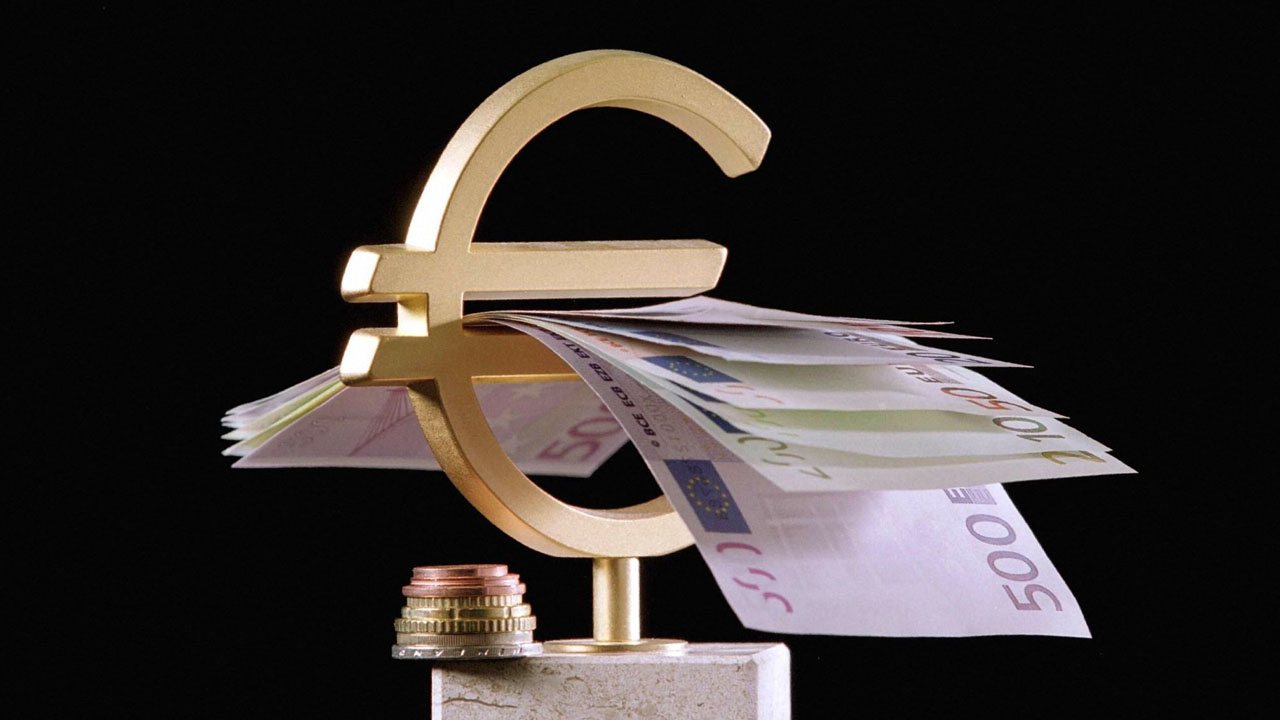
Twenty years after arriving in Europeans’ wallets, euro banknotes will get a new look with help from the public, a process officials hope will make citizens feel closer to the single currency.
But the Austrian artist behind the original banknotes fears the redesign could spark national rivalries, something he painstakingly tried to avoid with neutral illustrations the first time around.
Now retired, Robert Kalina was working as a graphic designer for the Austrian National Bank when he won a competition in 1996 to create the artwork for the first-ever euro notes.
“It’s incredible to think that the euro is already 20 years old, I hope it stays around for a long time to come,” he told AFP.
Kalina’s designs were initially printed on 14.5 billion banknotes in denominations ranging from five to 500 euros.
The bills in circulation have since almost doubled in volume and found their way into the hands of some 350 million Europeans and many more people around the world.
A challenge
Euro coins, which are minted by euro members, have a shared image on one side and a country-specific one the other. Ireland for instance opted for a harp, France for a tree.
But euro banknotes are issued by the European Central Bank, and their designs had to be identical across the euro region and avoid “national bias”.
The challenge for Kalina was coming up with illustrations all Europeans could identify with, without stirring nationalist sentiments or appearing to favour one eurozone nation over another.
“Portraits might have been allowed, but only if the faces were anonymous. I excluded that option right away,” Kalina said.
He decided to focus on architecture.
Drawing on inspiration from existing buildings, Kalina simplified and reworked their depictions with the help of engineering experts, to ensure the structures “were no longer recognisable” but still believable.
His bridge designs, showcasing different historical styles in Europe, symbolise the connection between eurozone citizens, “but also between the European Union and the rest of the world”.
The windows and doorways on the other side of the notes stand for “openness and a vision of the future”.
Despite the numerous crises that have rocked the currency since its birth, Kalina says the ideals he sought to portray are “still valid”.
But earlier this month, the ECB said the bills were ready for a makeover, announcing a design and consultation process with a decision expected in 2024.
Jealousy?
“After 20 years, it’s time to review the look of our banknotes to make them more relatable to Europeans of all ages and backgrounds,” said ECB president Christine Lagarde.
Euro banknotes are “here to stay”, she said, although the ECB is also considering creating a digital euro in step with other central banks around the globe.
The ECB will rely on a 19-person panel of experts for the banknote design — one from each euro nation — and consult the public along the way.
“The question is whether people have come far enough to accept, for example, famous people being represented”, even if they are linked to a particular country, Kalina said.
“Might it perhaps cause jealousy?” he asked, recalling heated debates on the issue in the 1990s.
The world of music might be a good place to look for inspiration for the next generation of notes, Kalina mused, since “great composers like Beethoven or Mozart can’t be reduced to a single country”.
Music “is a language that doesn’t require words and one that everyone can understand,” he said.



